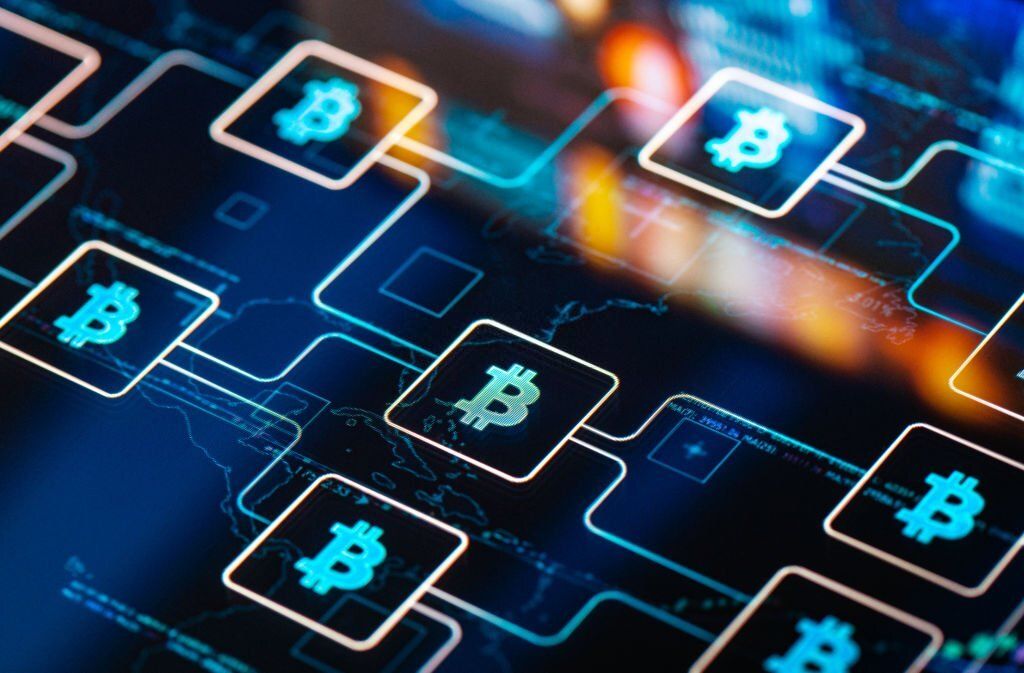
Cryptocurrency Mining: Regulatory and Operational considerations & concerns
In the fast-paced industry of digital assets, tokens and blockchain processing, the United Arab Emirates (“UAE“) has left no stone unturned to gain a first-mover advantage through innovation and introducing regulations that could potentially make the country a one of its kind destination for investors and even crypto miners. Crypto mining is the process of validating cryptocurrency transactions. The validation process involves solving a mathematical problem which utilizes networks of high-powered, high-performance computers to execute numerous variations of solutions to solve the problem.
The development of regional hubs for digital assets’ innovation and mining is a testimony of growing concerns and curiosity in the sector. In addition, various regulations are also enacted to govern the process of running businesses relating to cryptocurrencies and other related matters. Much recently, the Securities and Commodities Authority (“SCA“) and Dubai World Trade Centre Authority (“DWTCA“) entered into a memorandum of understanding (“MOU“) to facilitate the growth and trading of crypto assets and related financial activities within the DWTCA free zone, followed by which in a relatively short period of time, the Emirate of Dubai passed Dubai Law No. 4 of 2022, dated 28 February 2022, on the Regulation of Virtual Assets in the Emirate of Dubai. Our analysis of this regulation can be found here.
Like any other manufacturing unit, crypto-mining units should also qualify for specific vital requirements such as power supply, its cost, location of mining centre and legal regulations relating to intellectual property, environmental laws etc., among others. While you seek to identify the best regional jurisdictions to base your operations, we have listed down some legal and general concerns to keep in mind.
A. Data Centers: Key concerns
Data centers are rapidly becoming the hotspots for bitcoin mining operations. Data centre operators lease space to crypto-mining businesses. To execute crypto-mining operations on an industrial scale, data centers with the necessary power and cooling to maximize the performance of crypto miners are required. Countries with well-established data centers, such as Switzerland, Nigeria, Canada etc., are experiencing a spike in cryptocurrency mining.
As a Data centre operator, your “colocation agreements” hold paramount importance. You need to know who is utilizing your space and what operations they are carrying out and stipulate the same in your agreements. Additionally, aspects like power usage and cooling are also to be covered. While executing your agreements, you must also consider the rapid evolution in the cryptocurrency-related regulatory landscape.
As a miner, your agreements must cover the allocated power and cooling units with transparent and controlled pricing. It is also advisable to cover the scope of liability in case you are unable to mine the expected number of tokens due to a lack of availability of power or cooling procedures.
B. Intellectual Property Rights (“IPRs“) and related concerns
There is an emerging need to protect the innovation in the crypto space due to the novelty in the technologies used and the evolution of hardware employed during the process. The majority of innovation arises from improvements and modifications in the existing technologies. Generally, a crypto-mining entity may utilize several IPRs such as patents, industrial designs, copyrights, etc., to protect the technology related to its business.
Patents can cover components of the hardware used to validate crypto transactions, the mining process or method, or a crypto mining system (in its entirety or elements of such a system). Industrial designs can safeguard the aesthetic aspects of a crypto mining system, such as the graphical user interface (“GUI“). Copyright can protect the software code used to verify cryptographic transactions.
The extent and applicability of each of these legal regulations and the applicability of IPR protections depend upon the specific legal regulations and requirements. They can more particularly be assessed on a case to case basis. As with many new and rapidly expanding sectors, crypto-mining is witnessing the birth of novel and inventive intellectual property rights.
C. Power related issues and concerns
Mining cryptocurrencies is a highly energy-intensive process. As a miner, one should consider access to a large amount of uninterrupted, reliable, and, ideally and relatively cheaper power sources. Cost of power and sources of power required shall hold paramount importance in this process. In the case of the UAE, the electricity market is not deregulated. Electrical tariffs are regulated at the emirate level, and each emirate has its own electricity market. Crypto-miners should seek out the emirate with the most favorable electricity costs and determine whether they can obtain long-term power supply contracts.
D. Concerns for environment
There are many concerns arising out of the highly energy-intensive process of cryptocurrency mining. The United States is the leading Bitcoin mining nation, accounting for 42.7% of all Bitcoin mining efforts. Approximately 37 kilotons of electronic garbage are produced annually as a consequence of Bitcoin mining. In the recent past, bitcoin has also received a lot of backlash for its unprecedentedly highest energy consumption estimated to 150 terawatt-hours of electricity annually- which is more than the energy usage in the entire country of Argentina.
Increasingly, crypto-miners are seeking environmentally acceptable and sustainable energy sources, such as renewable energy resources. As crypto-miners seek to locate close to these renewable hubs, the number of connections with solar farms is growing. With the possibility of more environmental legislation in the region, crypto-miners constructing enterprises in the Middle East are already identifying alternative energy sources.
The United Arab Emirates is regarded as one of the world’s most progressive crypto nations. Unlike a lot of governments that hold skepticism regarding the future of crypto, the UAE governments have addressed a need and even initiated programs to increase the use of cryptocurrencies, and maintain investor protection mechanisms at the same time. For an example, Government-owned licensing agency KIKLABB in Mina Rashid, Dubai now takes Bitcoin (“BTC“), Ethereum (“ETH“), and Tether (“USDT“) as payment for various trade licenses and visas on behalf of the Dubai Financial Services Authority (“DFSA“). With such liberated regulations and scope for incremental growth in the industry, making the right choice with respect to mining processes is the first step to growth.
If you have any questions or concerns about cryptocurrency mining laws in the UAE, don’t hesitate to reach out to our expert team of UAE crypto lawyers today! Our team can help you navigate the legal landscape and ensure that your crypto-mining business is compliant with laws and regulations. Contact us today to schedule a consultation and get the guidance you need!




